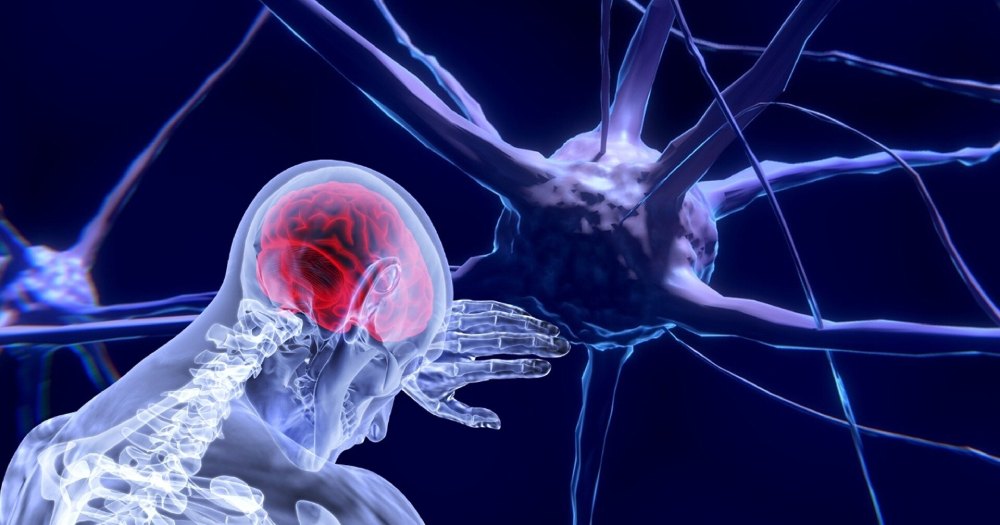Study: AI can predict neuroscience study results better than human experts

Artificial intelligence is redefining how we approach scientific research, and the latest advancements suggest AI might outperform human experts in certain areas. A groundbreaking study by researchers from UCL (University College London) has shown that large language models (LLMs), a type of AI that processes vast amounts of text, can predict the outcomes of neuroscience studies with greater accuracy than seasoned professionals.
Published in Nature Human Behaviour, this research reveals the untapped potential of AI in accelerating scientific progress and rethinking traditional methodologies.
How does it work?
The research team developed a novel tool called BrainBench to evaluate the predictive capabilities of LLMs. BrainBench presents pairs of neuroscience study abstracts: one describes real results, while the other features plausible but incorrect outcomes crafted by domain experts. The challenge was to determine which abstract reflected actual study results.
The study tested 15 general-purpose LLMs and 171 human neuroscience experts. Remarkably, the LLMs achieved an average accuracy of 81%, significantly outperforming human experts, who averaged 63%. Even the most domain-specific neuroscientists reached only 66% accuracy, still trailing behind the AI models. When confidence levels in AI decisions were factored in, higher confidence correlated strongly with correct predictions, suggesting the potential for robust collaboration between AI and human expertise.
Building on these findings, the researchers adapted an existing open-source LLM, Mistral, by training it specifically on neuroscience literature. The specialized model, dubbed BrainGPT, attained an impressive 86% accuracy, further refining predictive performance.
Why does it matter?
The implications of this research extend far beyond neuroscience. By distilling patterns from vast amounts of scientific literature, AI models like BrainGPT can accelerate research, reduce resource-intensive trial-and-error experimentation, and enable more informed decision-making.
Dr. Ken Luo, the lead author, emphasized, "Scientific progress often relies on trial and error, but each meticulous experiment demands time and resources. Our work investigates whether LLMs can identify patterns across vast scientific texts and forecast outcomes of experiments." This capability could revolutionize the way researchers design experiments, fostering efficiency and innovation.
Moreover, the study's findings challenge the notion of novelty in science. Senior author Professor Bradley Love observed, "What is remarkable is how well LLMs can predict the neuroscience literature. This success suggests that a great deal of science is not truly novel but conforms to existing patterns of results in the literature." This raises questions about the need for greater creativity and exploratory approaches in scientific research.
The context
The study's collaborative nature underscores its global significance. Involving institutions from the UK, US, Germany, and beyond, the research highlights the growing interest in integrating AI tools into various scientific disciplines. While the focus here was neuroscience, the universal approach adopted by the researchers suggests that similar methodologies could be applied across all fields of science.
Looking ahead, Dr. Luo envisions a future where AI plays an active role in experiment design. "We are developing AI tools to assist researchers," he said. "We envision a future where researchers can input their proposed experiment designs and anticipated findings, with AI offering predictions on the likelihood of various outcomes. This would enable faster iteration and more informed decision-making."
As AI continues to evolve, its integration into scientific workflows promises to be transformative — offering unprecedented opportunities to push the boundaries of human knowledge.
💡Did you know?
You can take your DHArab experience to the next level with our Premium Membership.👉 Click here to learn more
🛠️Featured tool
 Easy-Peasy
Easy-Peasy
An all-in-one AI tool offering the ability to build no-code AI Bots, create articles & social media posts, convert text into natural speech in 40+ languages, create and edit images, generate videos, and more.
👉 Click here to learn more


